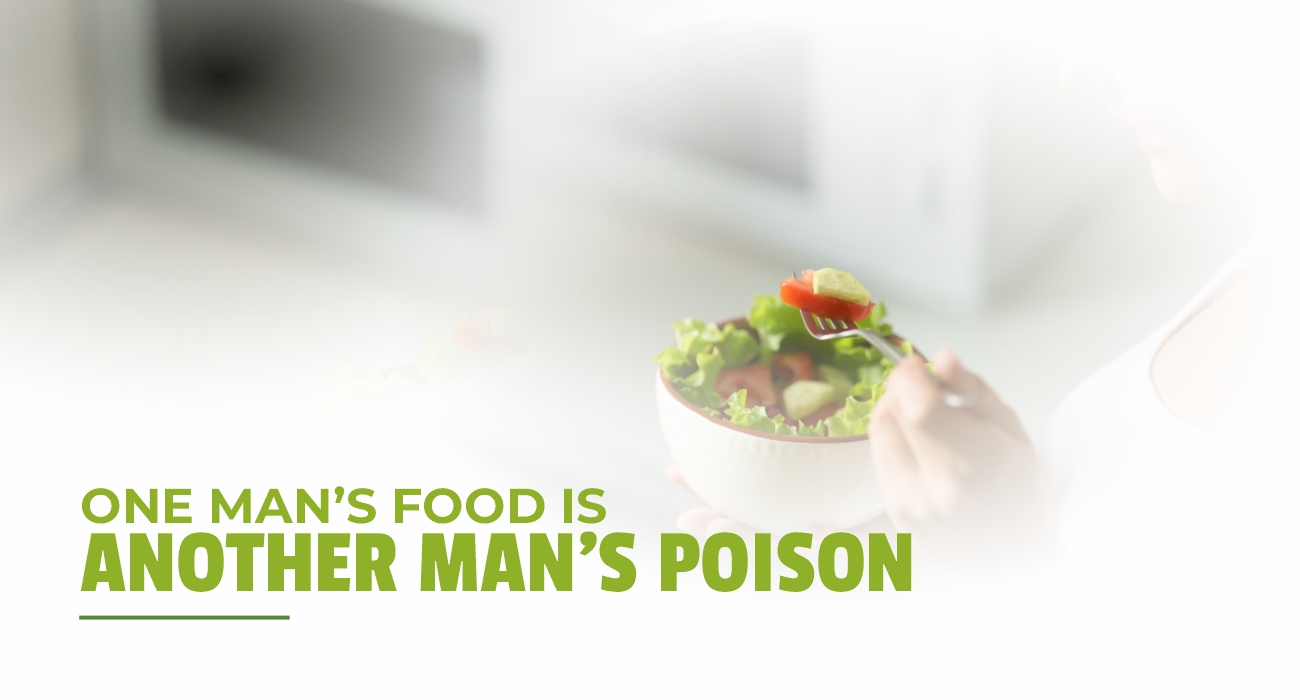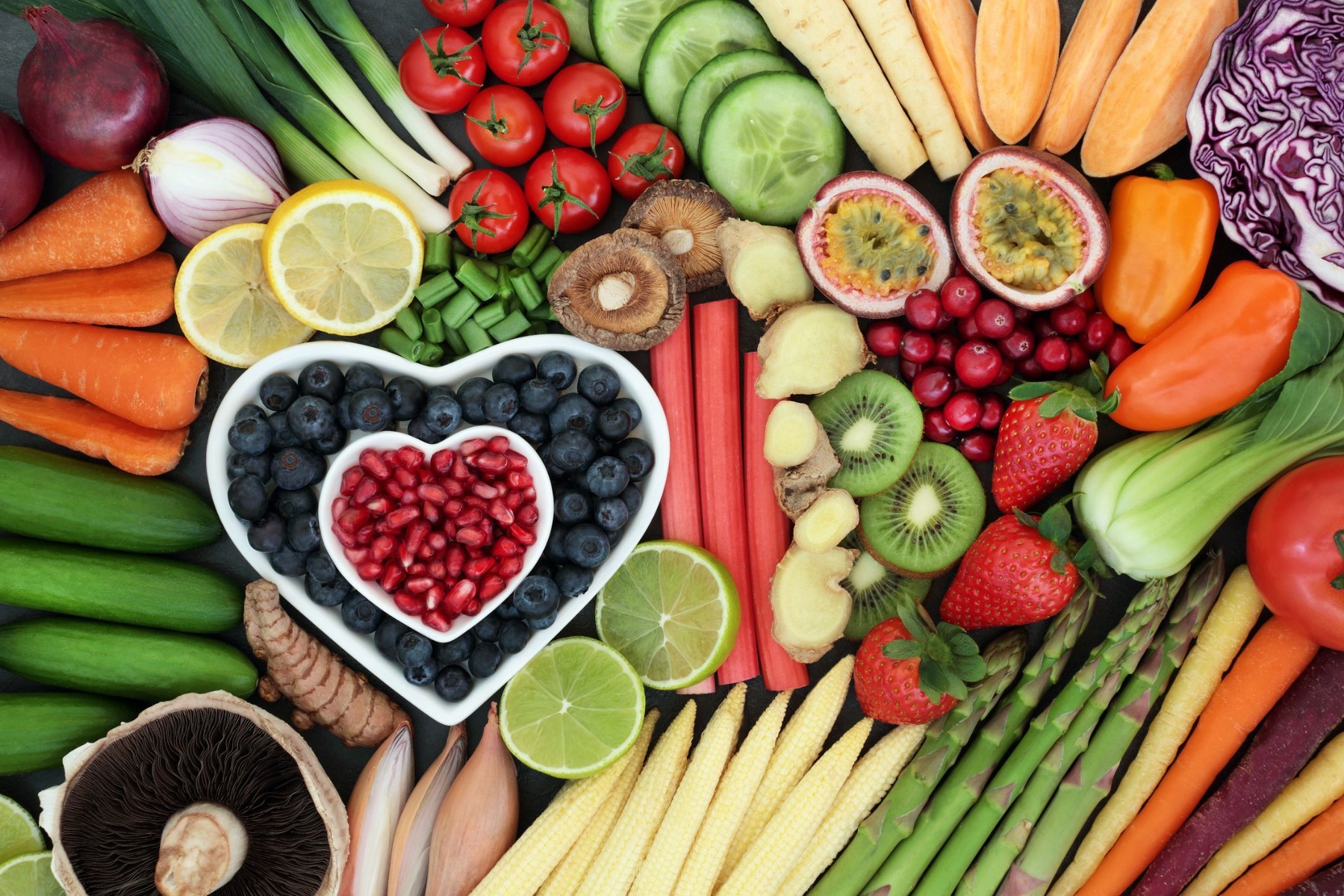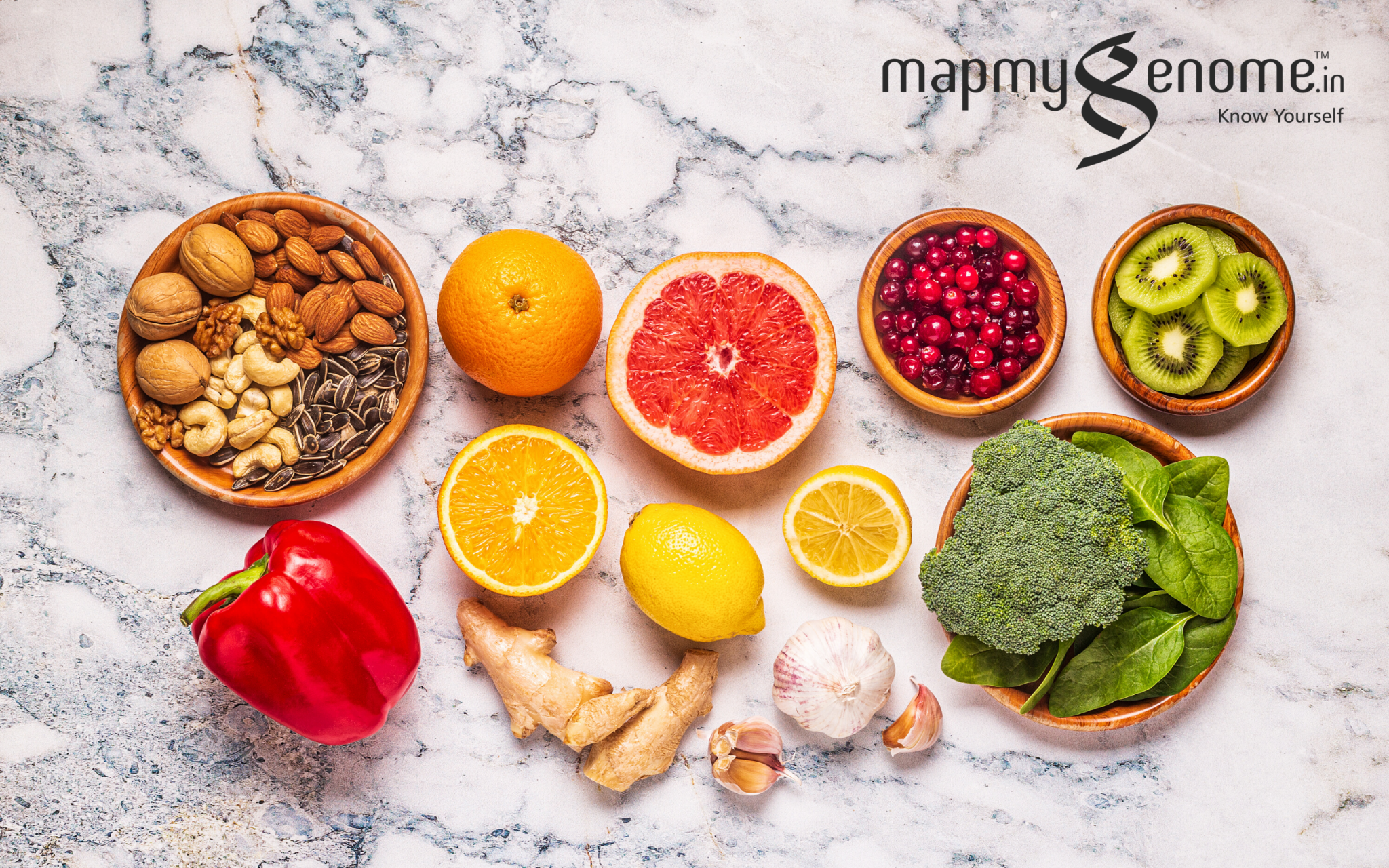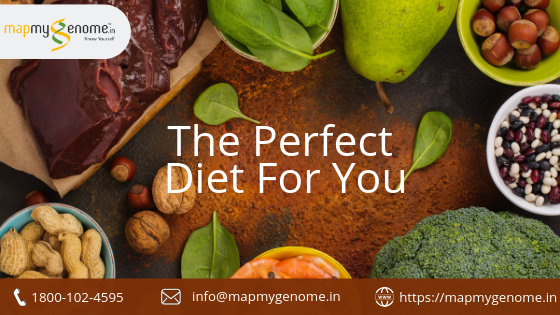
Cravings or staying healthy? Whether to munch on that chocolate bar or to go for a healthy salad or fruit bowl is a dilemma that most of us often face. But you all know for a fact that going for that bowl of veggies and fruits is the best choice you can make for our health.

But have you ever wondered whether all those “healthy foods” are healthy for you? Well, it is high time you give it a thought.So, on this World Food day, let us find out what does healthy eating mean?
It’s all about mindful eating
The Roman philosopher Lucretius once quoted “One man's food is another man's poison.” This expression was used often as a proverb to show that certain things liked or enjoyed by one person may be distasteful to another. But now we know that this has a deeper meaning. So deep that it's rooted in your DNA. Yes, your DNA, or more specifically your genes will tell you which food can be healthy for you and which can be a poison.
For example,broccoli, cauliflower, and cabbages are common ingredients in a vegetable salad. But if you have Hypothyroidism or an underactive thyroid gland, you will be asked to limit/ avoid these very same healthy veggies. Why? Because these cruciferous veggies may block the thyroid gland's ability to utilize iodine, which is essential for normal thyroid function.
Similarly, grilled foods are generally considered healthy. But when it comes to certain types of cancers such as colorectal cancer, charring, burning, or grilling foods over high temperatures produces certain compounds called heterocyclic amines (HCAs). These HCAs can damage your genes and raise your risk for cancers.
Ask your genes and you shall receive!
So how can you know which is healthy for you? Well, ask your genes! Get yourself a preventive genetic test. This test will tell you about the genetic risk factors that you have for developing different health conditions. Once you find out those risk factors you can accordingly modify your diet and include the foods that your genes have approved for you. Prevention is always better than cure. So the next time you put something on your plate, make sure that it's healthy for you!
REFERENCES:
https://pubmed.ncbi.nlm.nih.gov/26001651/
https://pubmed.ncbi.nlm.nih.gov/10485479/
https://www.ncbi.nlm.nih.gov/pmc/articles/PMC3496161/




